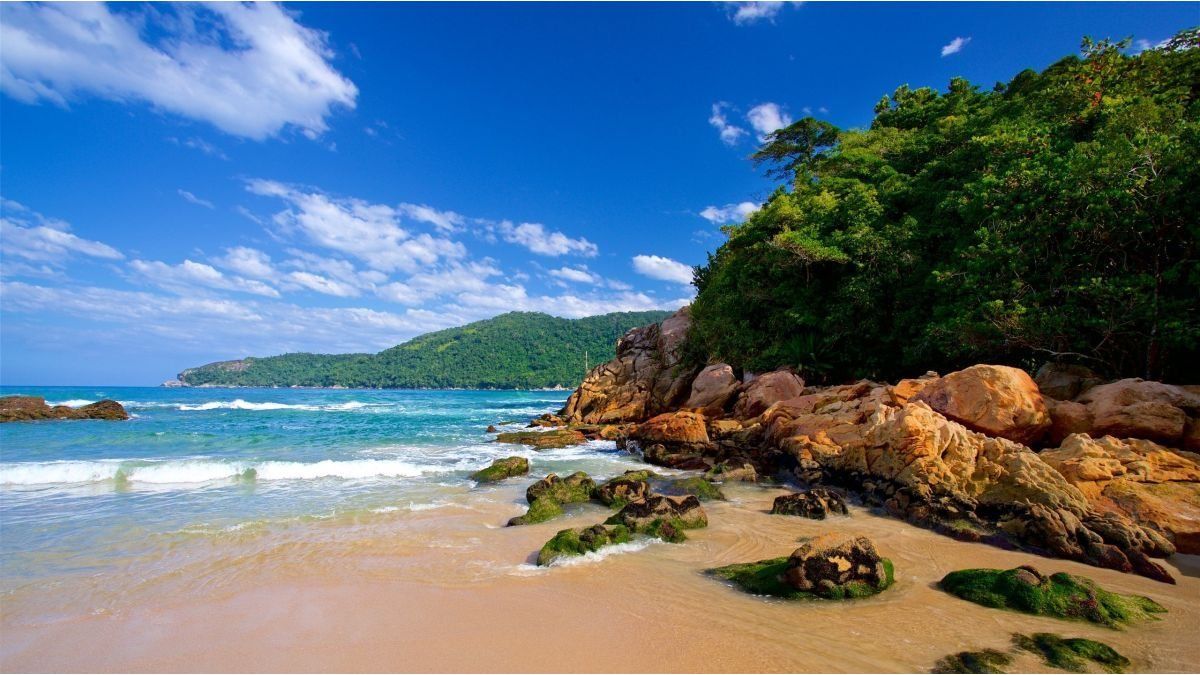About, Martin Bronstein, from the Center for Studies on Energy, Politics and Society (CEEPS), explained to Ámbito that from his perspective “it is possible that Bolivia can fulfill the commitment”. “In Brazil there were rains and that is going to make it demand less gas and that surplus is going to go to Argentina”, said the CEEPS analyst. “The most important thing about that agreement is that Bolivia was sending half of what it had committed to and now that has been reversed and they even have to send us more,” Bronstein added.
The announcement made by the leaders is not the agreement itself. Now the energy authorities of both countries have to work on the technical aspects. It is about including an addendum to the agreement signed during the government of Mauricio Macri that establishes incremental shipments until 2025. The problem was that due to the drought that affected the generation capacity of Brazil, this country began to buy from the same supplier as Argentina. In turn, the Bolivian government preferred to pay the fine to Argentina for breaching the contract and sell to Brasilia because the economic equation was still favorable. Among the specialists there are doubts regarding the real capacity of YPFB to be able to increase its productionwhich has been declining in recent years.
Emilio Apud, former Secretary of Energy and analyst at the Fundación Libertad y Progreso, explained that “Brazil buys 22 million cubic meters, Bolivia consumes between 12 and 13 million internally, and what remains is for us.” the analyst considers that cuts to companies are going to be inevitable.
Entrepreneurs, as the main affected, are betting that the assembly of Bolivian gas will work. so indicated Daniel Rosato, of Industrial SMEs Argentines (IPA), who pointed out that companies in this segment “cannot schedule vacations”, as analyzed in official dispatches. Rosatto said that the entity does not agree to cut off the supply to homes, but demands that the Government launch “a saving campaign”. “This is a time when domestic demand is growing, if production suffers and we cannot supply the market, prices will rise”, he warned.
At IPA they project that this winter may not be as cold as last year. That is why he proposes that cuts are avoided in those factories that have 24-hour production processes and that it be administered for those who interrupt work every day.
On your side, the UIA launched a work table in which it seeks to coordinate the demand for gas from the factories with the offer available. The idea is to adjust the technical stops that the production lines or vacation licenses have to make to the moment of the year in which a lower supply of the fluid can be registered.
But from the private sector, Apud maintains that in the face of the scenario that arises today in Argentina “the government is going to prioritize home consumption” because that would be the way out with the lowest cost for society. “Industrial entrepreneurs represent few votes,” he points out.
From the Secretary of Energy, meanwhile, Darío Martínez assures that this year there will be the necessary supply for all sectors. Beyond the proposal for segmented increases in home use rates, as indicated in the agreement with the IMF, During this month the government will have to call a public hearing to increase wholesale gas prices, which will have to take effect in June.
Source: Ambito
David William is a talented author who has made a name for himself in the world of writing. He is a professional author who writes on a wide range of topics, from general interest to opinion news. David is currently working as a writer at 24 hours worlds where he brings his unique perspective and in-depth research to his articles, making them both informative and engaging.




